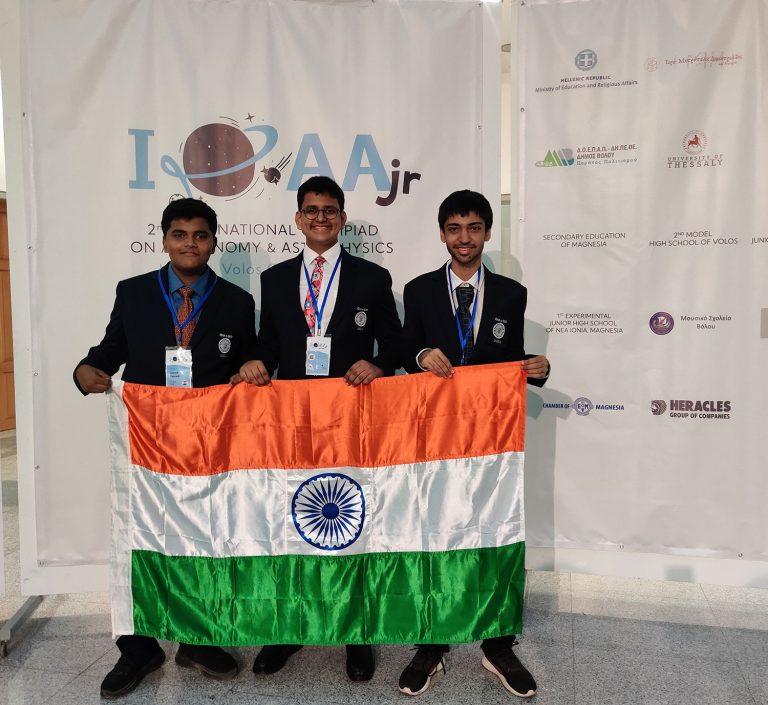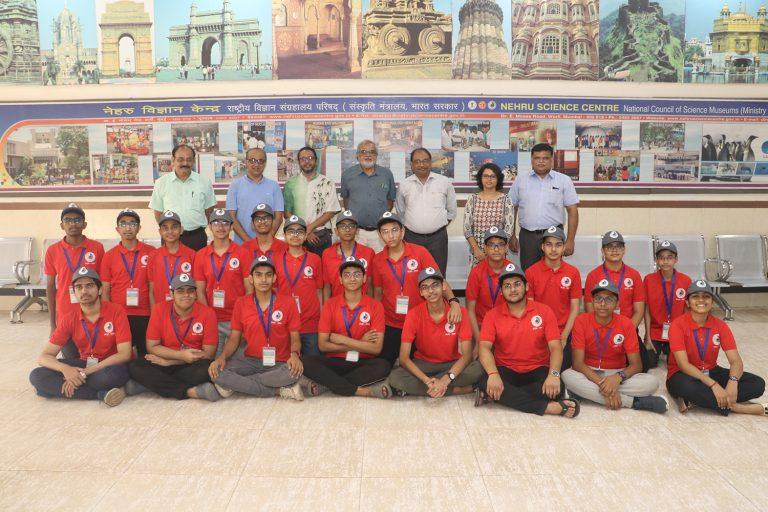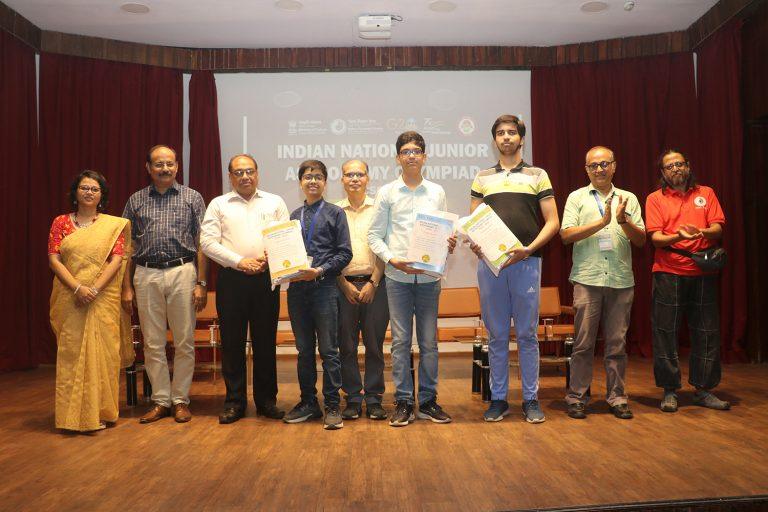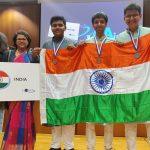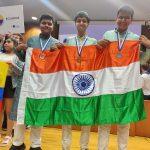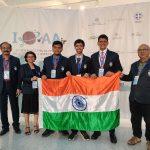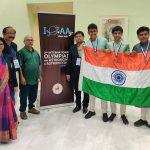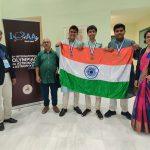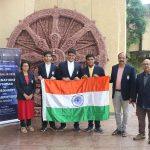Indian National Junior Astronomy Olympiad (INJAO) 2025
National Council of Science Museums (NCSM), Ministry of Culture, Govt. of India is the Authorized National Representative (Astronomical) Organization (ANRAO) for organising the Junior Astronomy Olympiad Programme in India. The Council is responsible for selecting a team of 3 students to represent India at the International Olympiad on Astronomy and Astrophysics for Juniors (IOAA-Jr.). This will be done through the Indian National Junior Astronomy Olympiad (INJAO) programme.
About NCSM
National Council of Science Museums (NCSM) is an autonomous scientific body functioning under the Ministry of Culture, Government of India. It administers 25 Science Centres/Museums spread all over India. To know more about NCSM, please click here.
Selection Process / Stages of Astronomy Olympiad (Junior):
The National Science Olympiad starts with an examination held at schools across the country. Training is included from the third stage of the programme i.e. OCSC and the first two stages do not necessarily require any specialised coaching outside the regular school system. Every year the selection process involves FIVE stages as follows:
Stage –I: The first stage examination, the National Standard Examination (NSE) is the organisational responsibility of the Indian Association of Physics Teachers (IAPT). National Standard Examination in Junior Science (NSEJS) conducted by IAPT is the first stage for the Indian National Junior Astronomy Olympiad. Indian students, residing and studying in India since 30 November 2021 or earlier, of Class X or lower as of November 30, 2024, born between 1 January 2010 and 31 December 2011 are eligible for the test. For more details, click here.
Stage – II: The best-performing students from the NSEJS qualify for the second stage — the Indian National Junior Science Olympiad (INJSO). Candidates for INJSO 2025 are automatically eligible for consideration for the next stages of selection of the Indian team for the International Olympiad on Astronomy and Astrophysics for Juniors (IOAA-Jr.) 2024. The selection for the next stages of this programme will be based on performance in INJSO-2025 among candidates who express their interest in this programme during INO registration. The responsibility of the programme from this stage onwards lies with NCSM.
Stage – III: Orientation-cum-Selection Camp (OCSC): At the camp, students will be oriented for Olympiad-level theoretical and observational tasks. Emphasis will be given to developing conceptual foundations and problem-solving skills, and the students will be trained in astronomy and night sky observation.
The list of selected candidates for OCSC is as follows:
 Cut off Marks: 75
Cut off Marks: 75
To check your INO marks, kindly login to https://secure.hbcse.tifr.res.in/ino/
Venue: Birla Industrial & Technological Museum, Kolkata
Date: Will be informed soon
Stage- IV: The selected Indian team undergo a rigorous training programme at one of the science museums/centres of NCSM in theoretical & observational astronomy to brush up on their knowledge received at OCSC for the final preparation prior to their departure for the 4th IOAA-Jr.-2025.
Stage – V: 3 selected students will take part in the 4th International Olympiad on Astronomy and Astrophysics for Juniors (IOAA-Jr.) 2025, to be held in Piatra Neamt, Romania in October–November 2025. The students will be accompanied by Team Leaders and/or Scientific Observer. Almost every Indian student who has participated in the International Astronomy Olympiad has returned with a medal.
Address for communication:
Birla Industrial & Technological Museum, 19A Gurusaday Road, Kolkata 700019
Email:
jr.astro.olympiad.ncsm@gmail.com
Phone Number: 9477345291, 9477345292
Fax : 033 22870233
Archives - Glimpses of previous Junior Astronomy Olympiads
